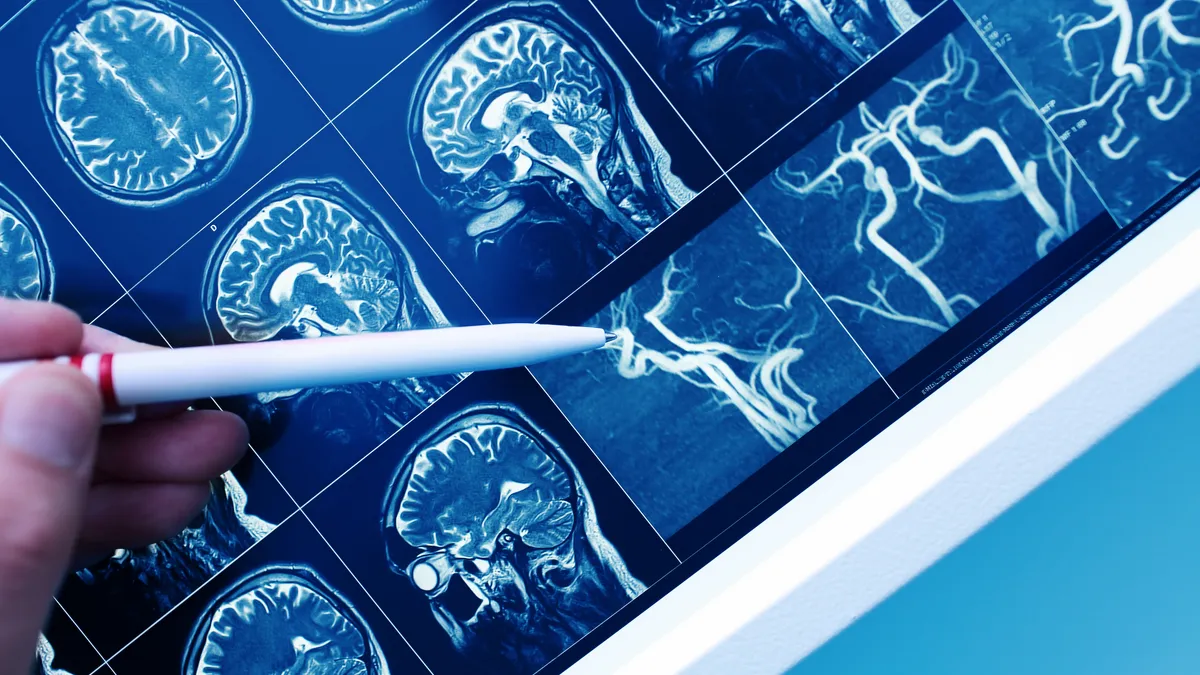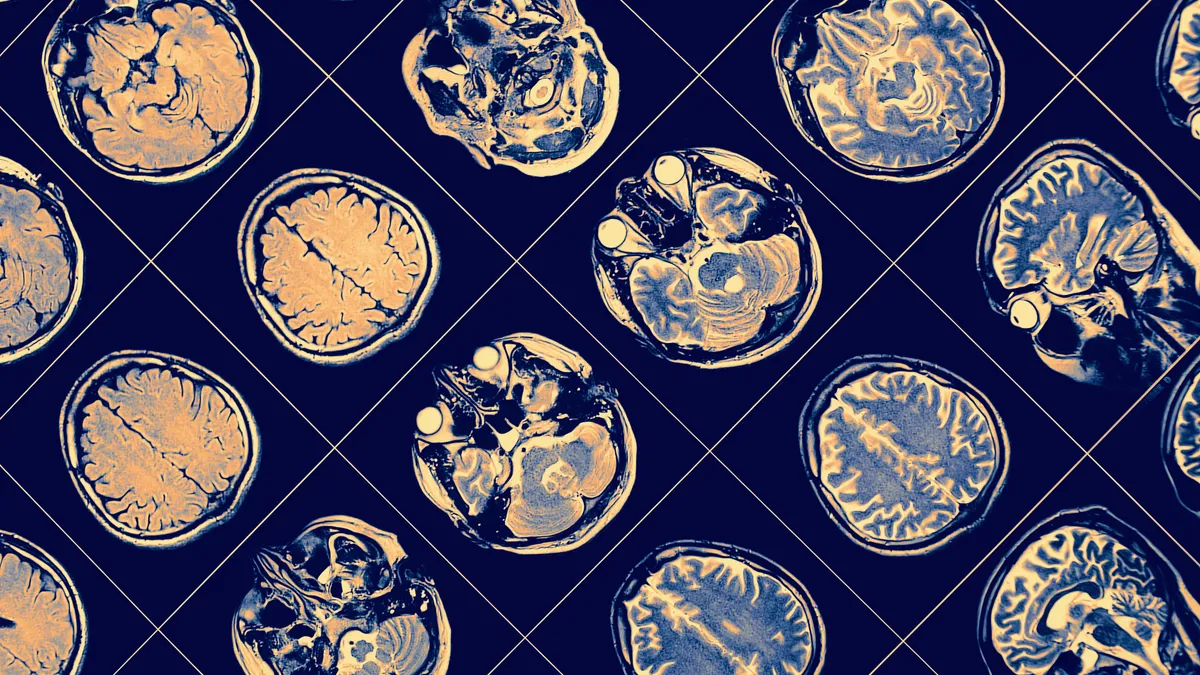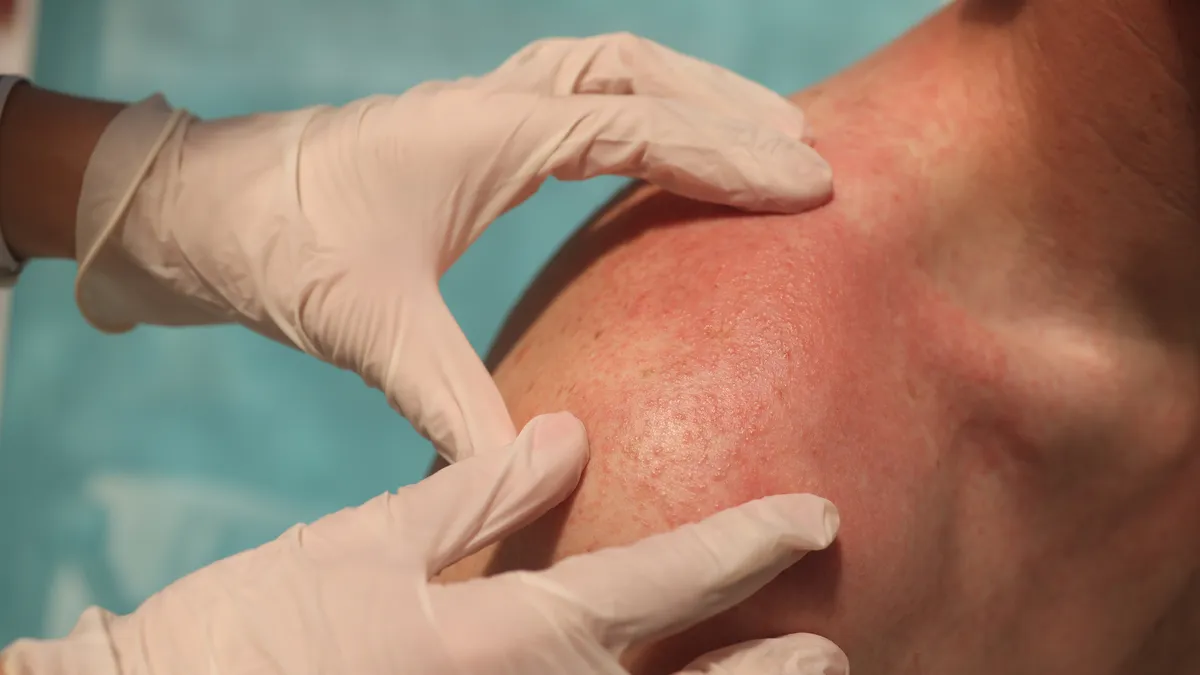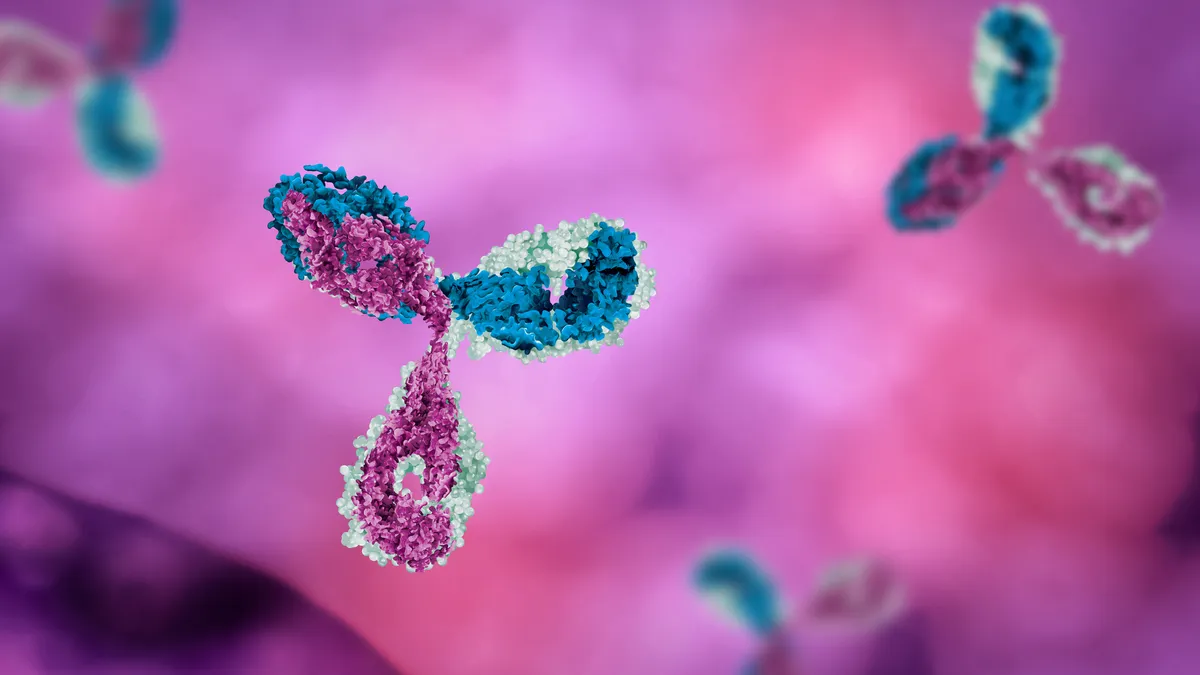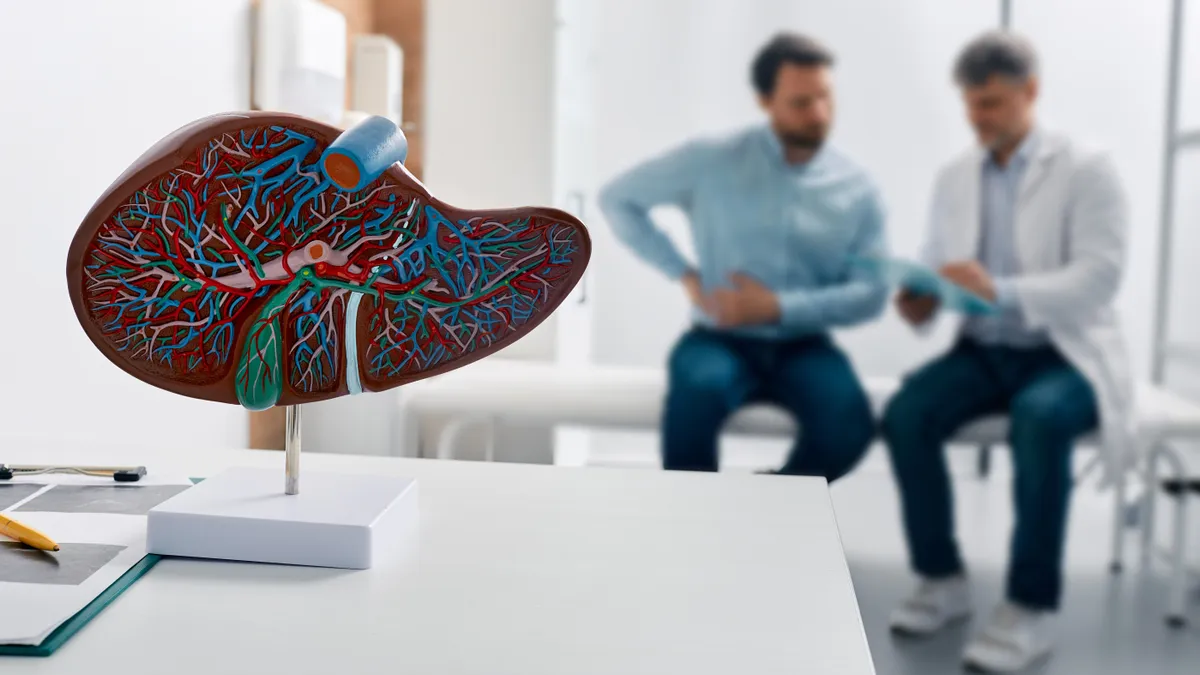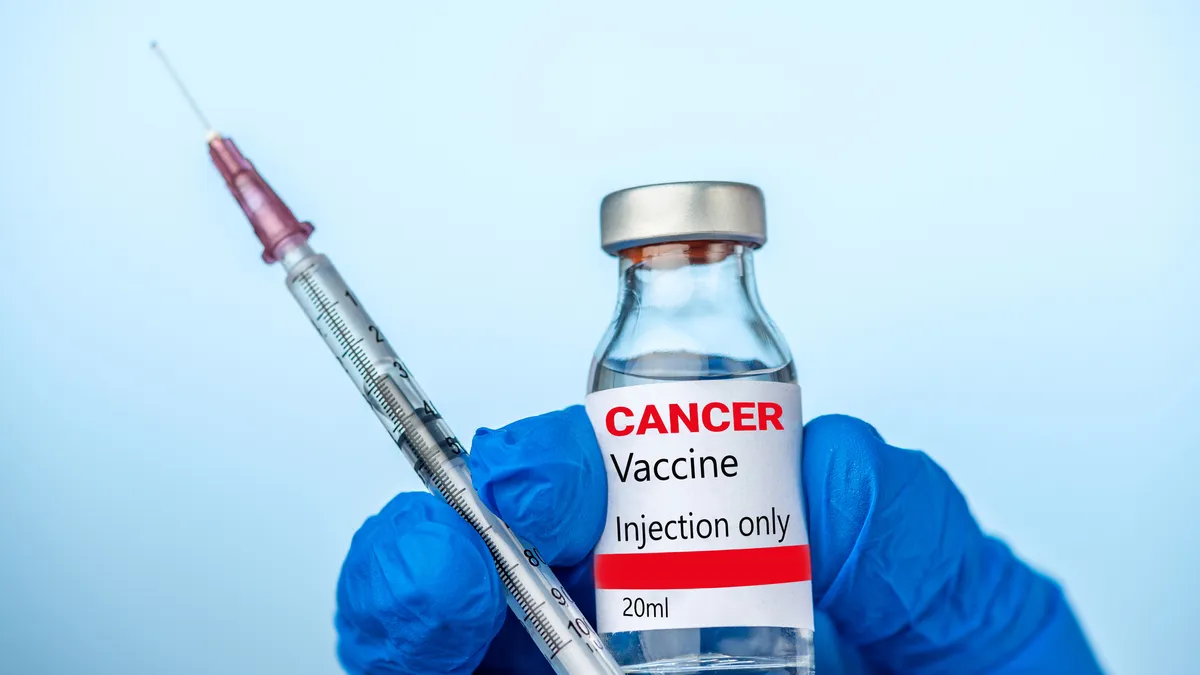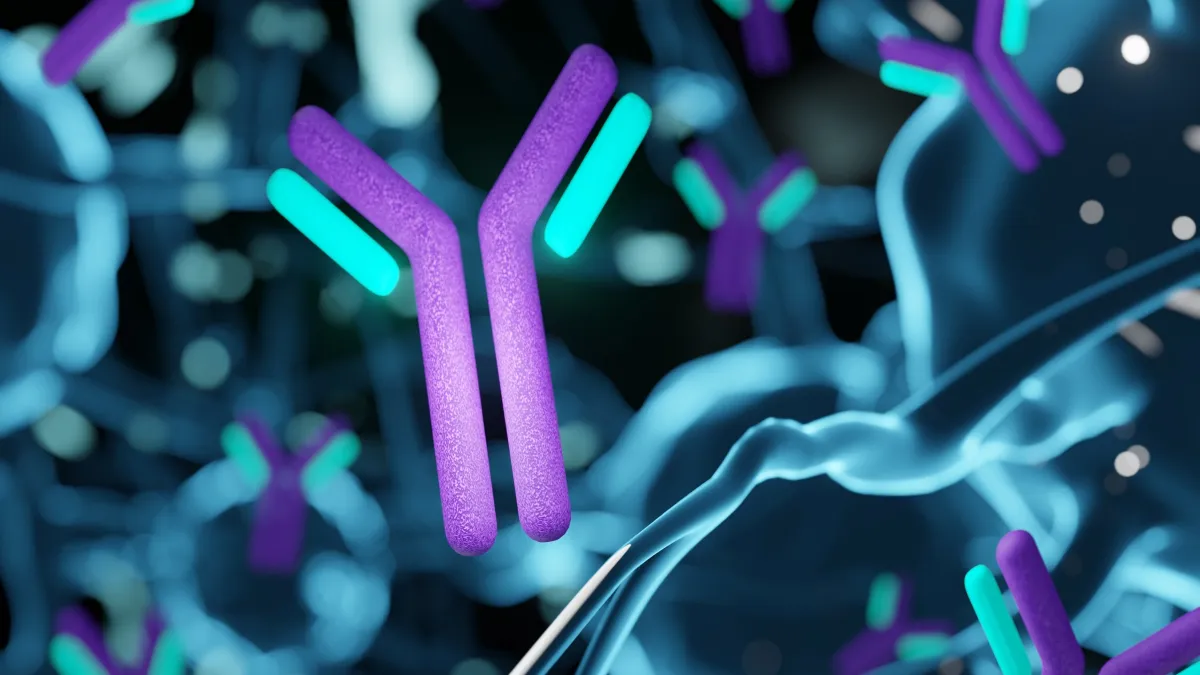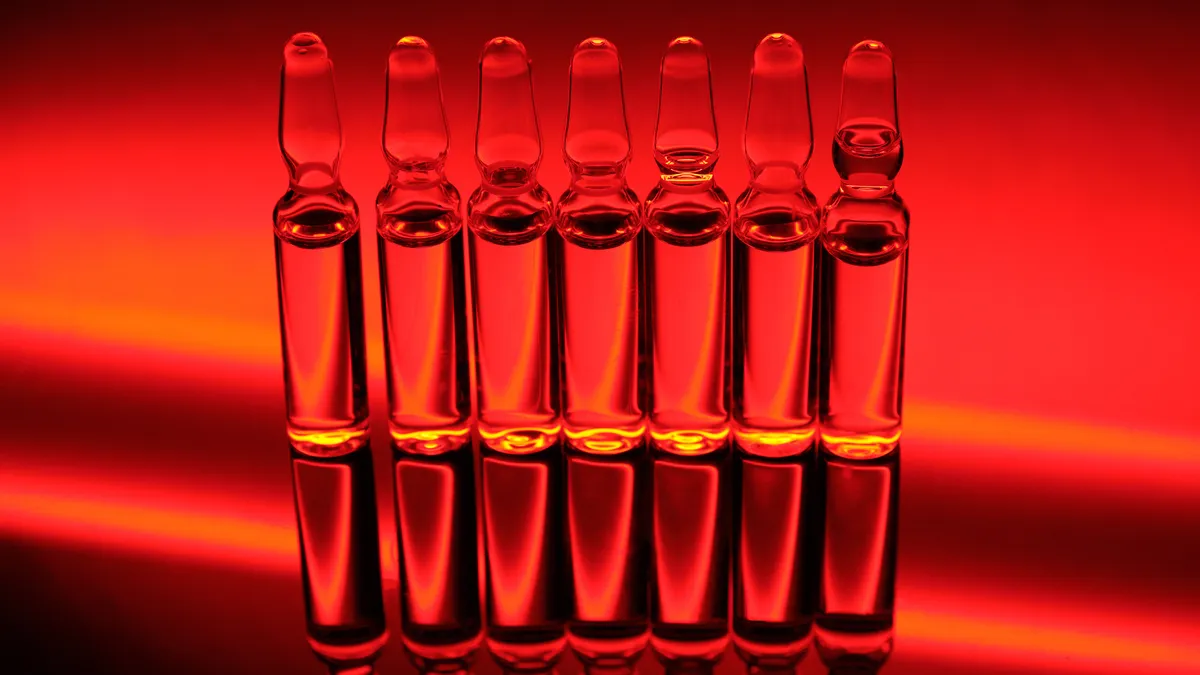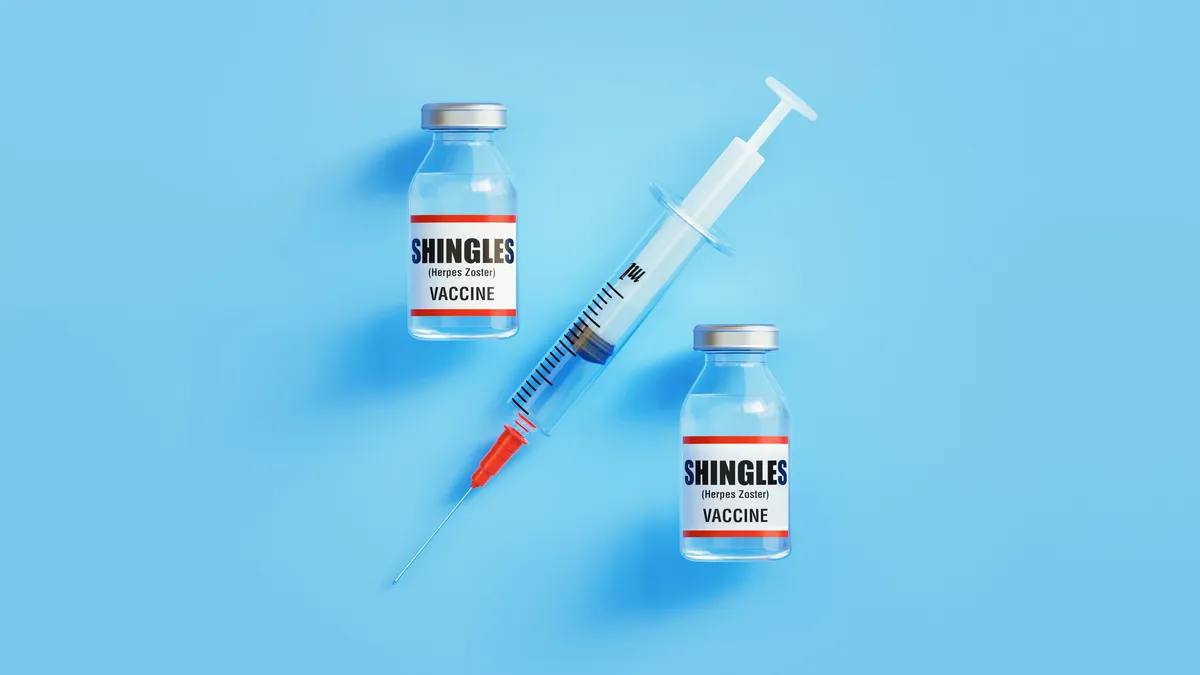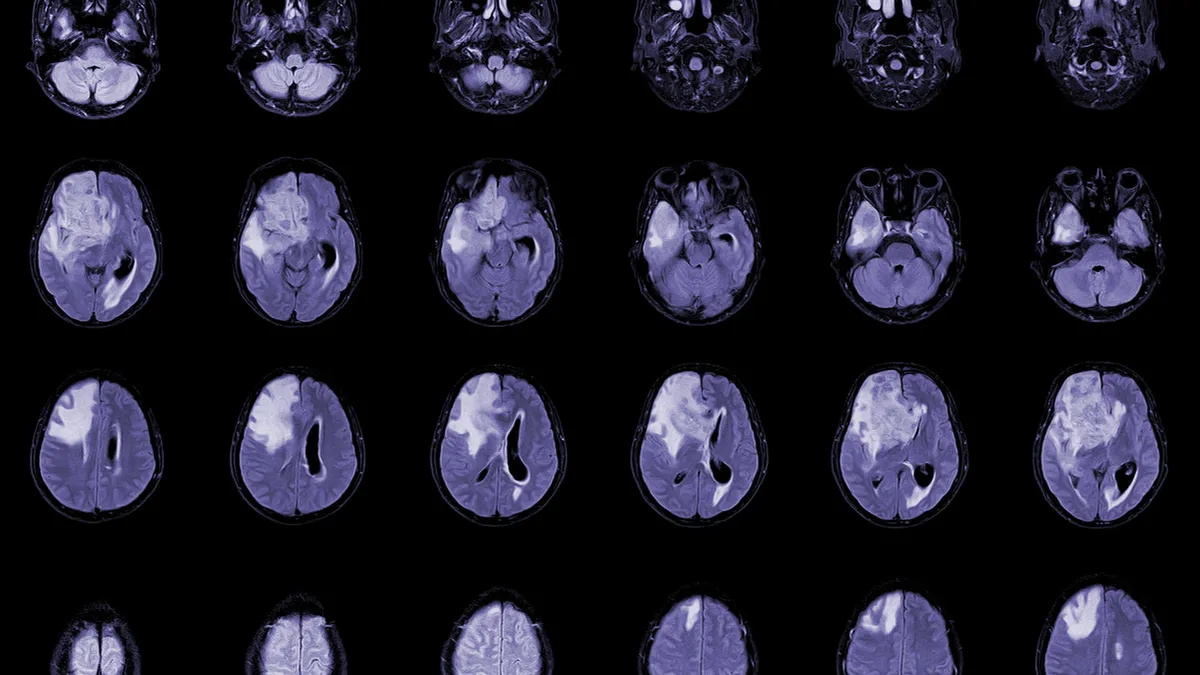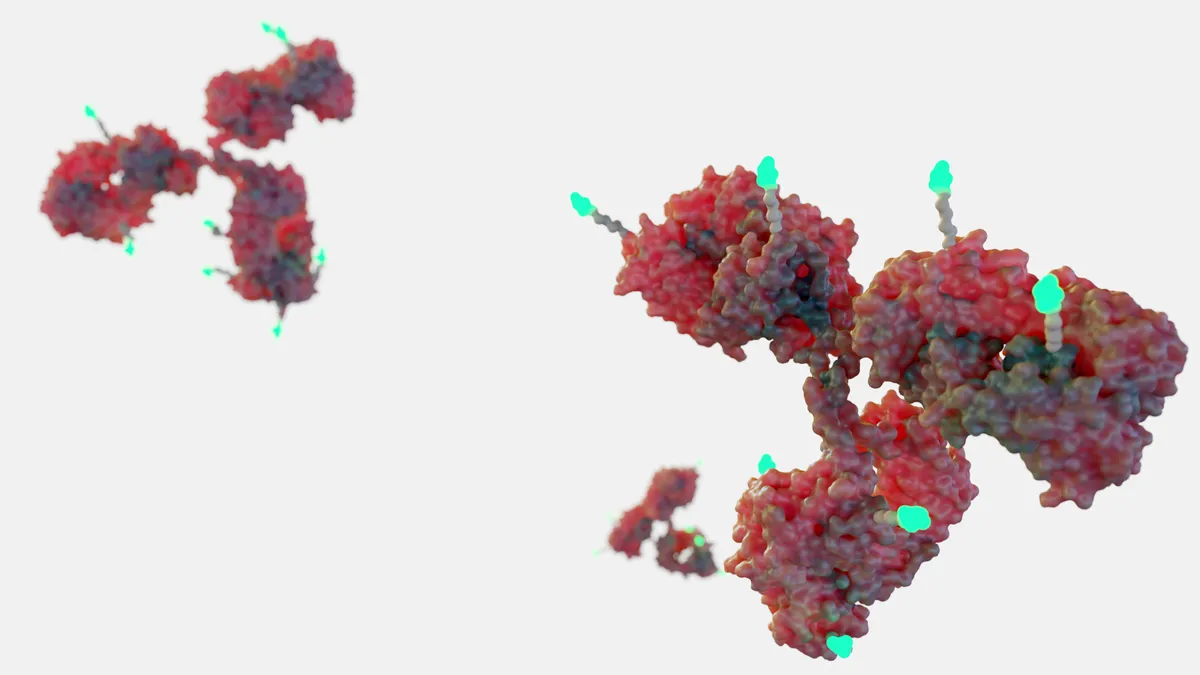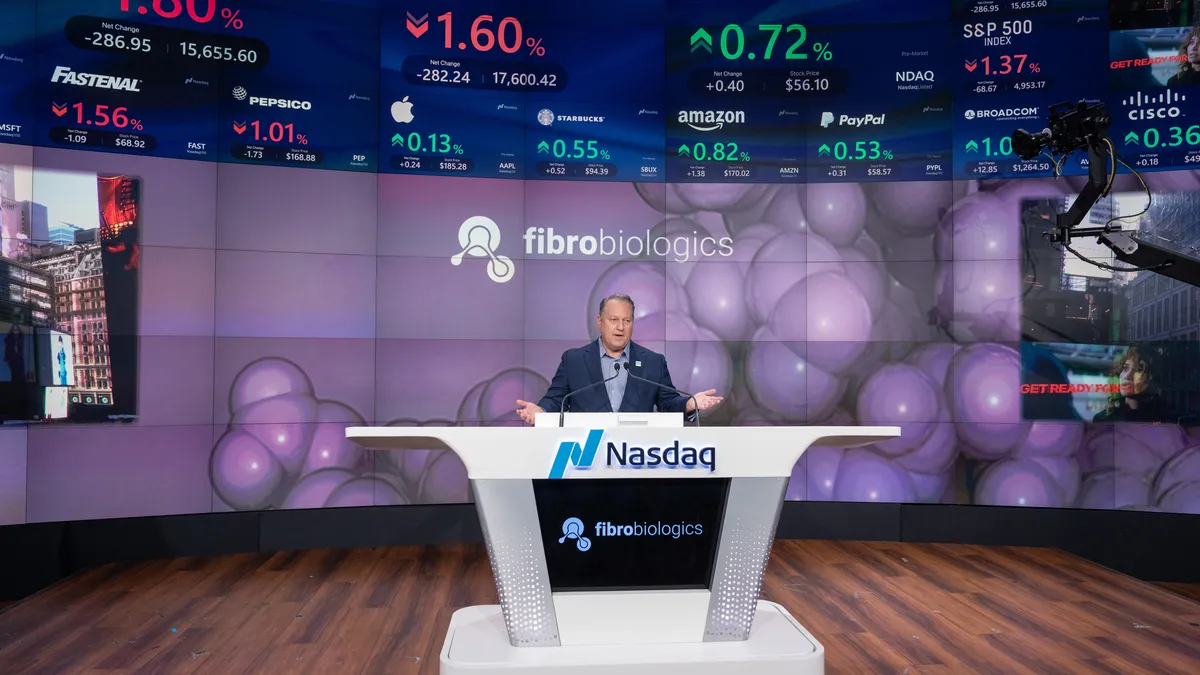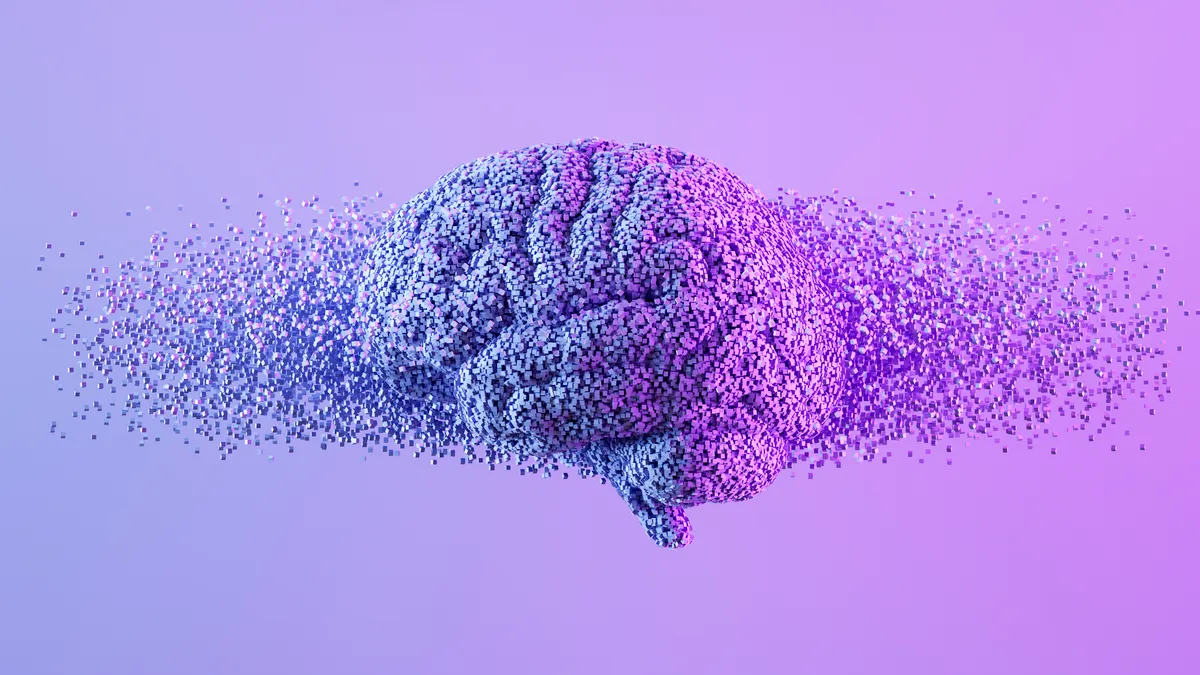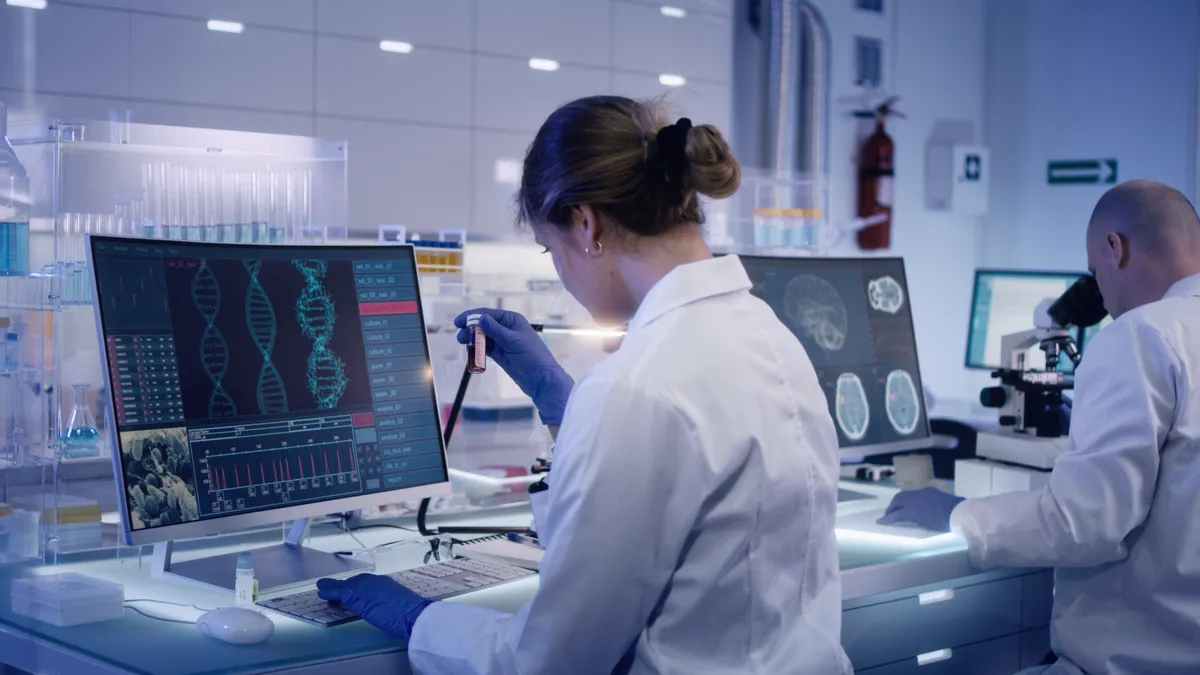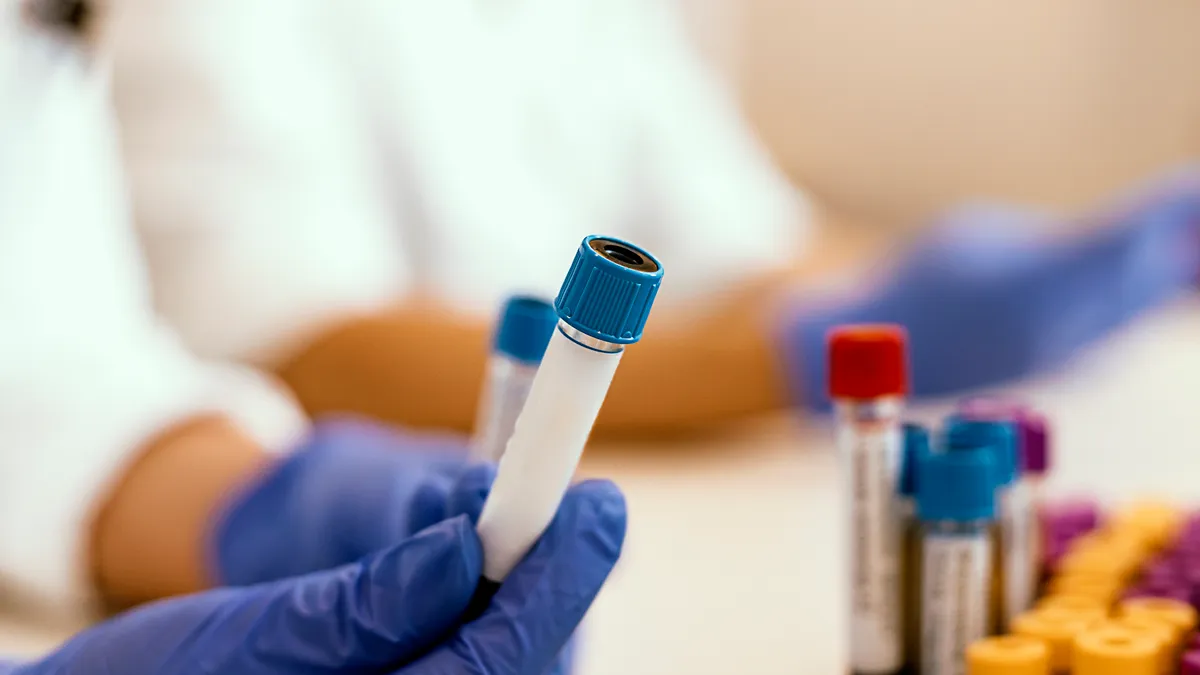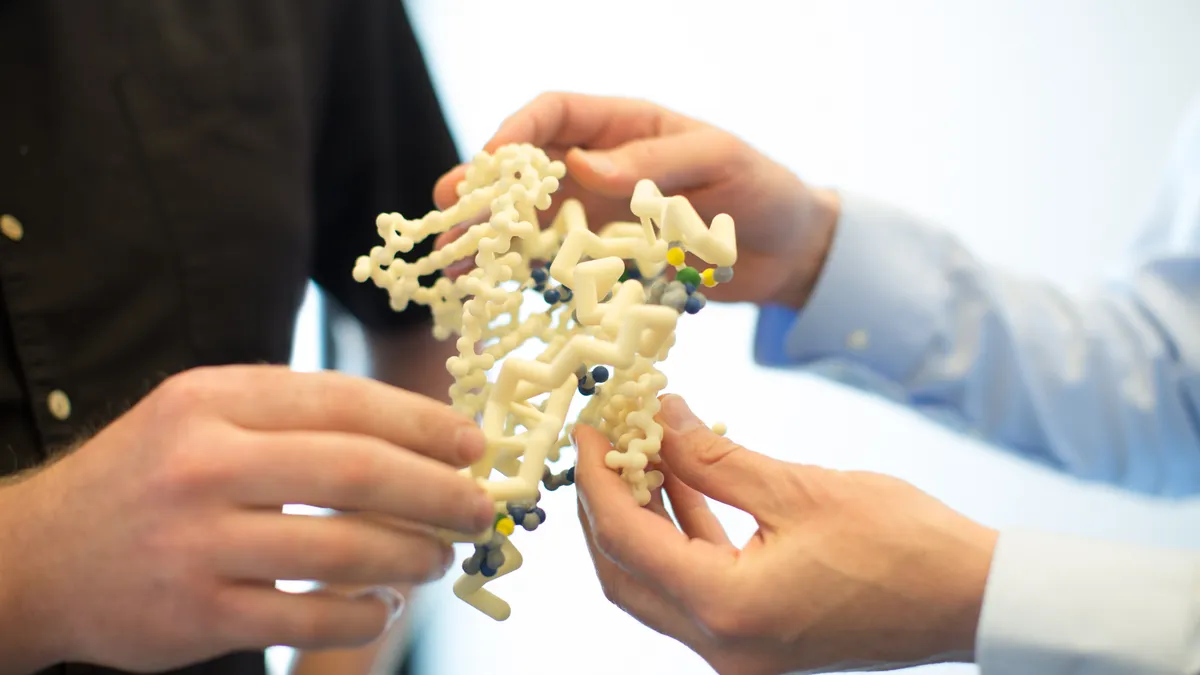Welcome to today’s Biotech Spotlight, a series featuring companies creating breakthrough technologies and products. Today, we’re looking at Arialys Therapeutics, a biotech developing treatments for autoimmune neuropsychiatry.
In focus with: Peter Flynn, president and CEO, Arialys Therapeutics
The company’s vision: Arialys Therapeutics is a preclinical company developing a treatment for a rare and potentially lethal autoimmune disease called anti-NMDA receptor encephalitis (ANRE). It’s often misdiagnosed because it presents with psychiatric symptoms. Arialys’ lead candidate, ART5803, blocks disease-causing autoantibodies rather than suppressing the immune system overall, which is the current standard of care.
ANRE was made famous by the bestselling memoir, Brain on Fire, by a journalist whose sudden seizures, hallucinations and other symptoms led to a “month of madness” and misdiagnoses ranging from schizophrenia to alcohol withdrawal.
Arialys Therapeutics launched in September 2023 with $58 million in seed financing after purchasing ART5803 from Astellas Pharma. In addition, ART5803’s lead developer, Mitsuyuki Matsumoto, joined Arialys as scientific founder and chief scientific officer after previously serving as head of the neuroscience research unit at Astellas.
The drug works by competitively inhibiting the antibodies responsible for ANRE.
“The actual product is elegantly simple,” said Flynn, who joined the company in June. “We’re not really impacting the immune system of the patients. We’re taking what is making these patients sick … and [blocking] that using another antibody.”
Why it matters: When people think of autoimmune conditions like rheumatoid arthritis, lupus and multiple sclerosis, they think of familiar symptoms like fatigue and joint pain. But far less known and understood are autoimmune conditions that target the brain, where certain autoantibodies trigger psychosis and lead to a “terrifying descent” into sudden psychiatric symptoms, Flynn said.
“The challenge with this disease is that you have patients with no history of neuropsychiatric disease. Then they’ll descend through the symptomology very rapidly,” Flynn said. “Tragically, some of these patients end up in psychiatric wards when they’re not a traditional psychiatric patient — they’re an autoimmune patient.”
There’s also growing evidence to suggest that autoimmune conditions of the brain may be far more prevalent than is currently known.
“It may well be that certain patients who are diagnosed with schizophrenia or other forms of psychosis may actually have an autoimmune component to their disease,” Flynn said. “Numbers in academia are being suggested that between 5% and 10% of psychosis patients may have these autoantibodies.”
The challenge: Since ANRE was first identified in 2007, an increasing number of autoimmune diseases and antibodies have been identified and associated with the brain.
“This is a fairly new area of science,” Flynn said. ANRE is “currently diagnosed at a prevalence of about 2,000 patients in the U.S., but as we’ve described, it may be chronically underdiagnosed.”
Underdiagnosis and misdiagnosis mean these patients are often treated for psychiatric symptoms rather than the underlying autoimmune disorder. That’s why in addition to developing ART5803, Arialys is also developing an assay that detects antibodies in cerebrospinal fluid and serum and is more sensitive than current tests, Flynn said. While Arialys isn’t currently developing the assay as a companion diagnostic, they plan to use it to better understand the disease’s true prevalence.
“It’s rare, but on a global scale we still think there is a market there,” Flynn said. “We’ll see, ultimately, where the population falls for this.”
Another challenge is that an estimated 45% of these patients are pediatric, which is why they need a treatment that works quickly. Flynn said preclinical research has shown that ART5803 works in days or weeks, rather than months
“We believe a rapid, acute therapy is going to be really important in this space,” Flynn said. “The standard of care is immunosuppression, and patients do recover. But I think it’s all about the timing of their recovery. Especially if you think about pediatric patients. You want them to get back on the road to recovery as quickly as possible because … there could be long term cognitive effects.”
The road ahead: ART5803 has received orphan drug designation from the FDA and in preclinical, nonhuman primate models has been shown to block NMDA receptor autoantibodies and reverse encephalitis and behavioral symptoms.
Flynn said the company recently made its first regulatory filing and anticipates being in the clinic for a study in healthy volunteers later this year.
He also called ART5803 a “pipeline within an asset” because of other possible indications where “elegant competitive inhibition approaches to autoimmune neuropsychiatric disease” could be applied.
Ultimately, identifying patients and understanding the disease’s true prevalence will be key.
“In the academic community, I think there’s an absolute understanding and acceptance that we’re almost at the start of this journey of understanding how autoimmune disease actually impacts neuropsychiatric disorders,” Flynn said.










